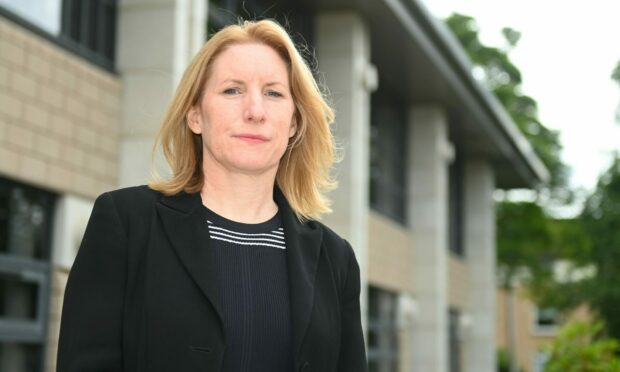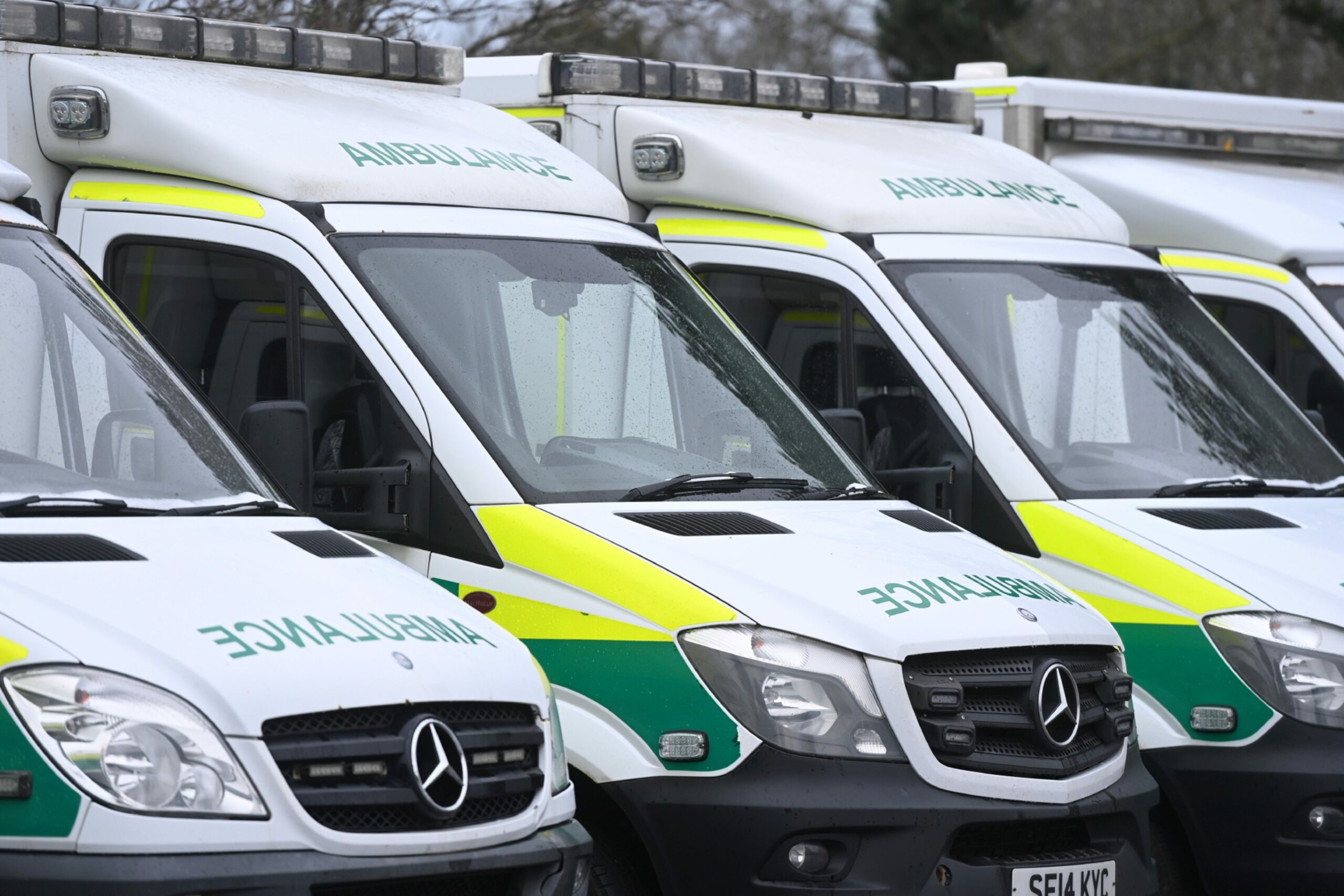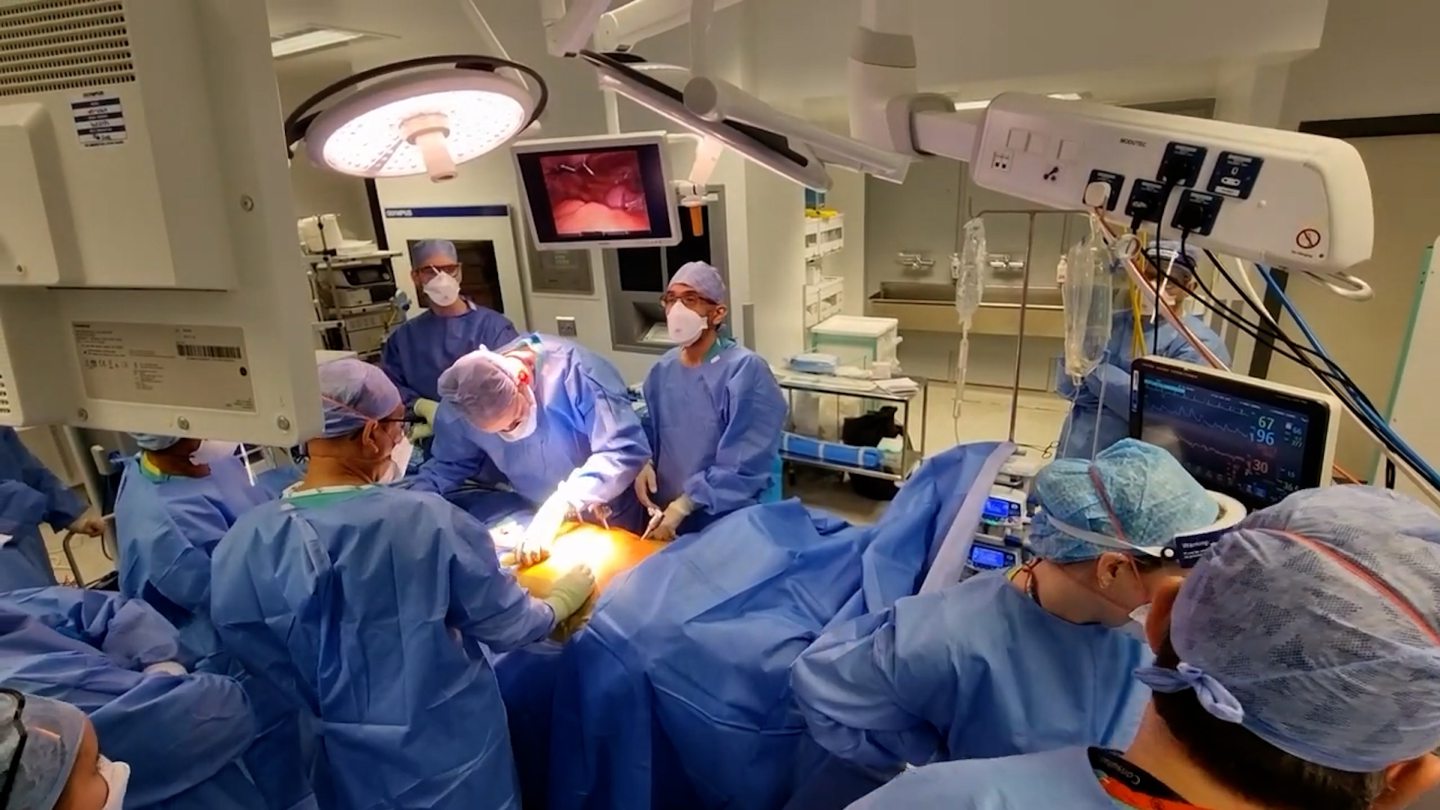The chief executive of NHS Grampian has outlined how the health board is tackling its ongoing winter pressures, with work progressing “at pace”.
But Caroline Hiscox has admitted that some patient care is being affected.
She made the comments in a letter to the NHS Grampian board, which is meeting later today.
Prof Hiscox said demand for all hospitals in the north-east – and hospital at home care – is consistently high and often over-capacity entirely.
But she has also praised the “extraordinary” efforts of staff continuing to treat patients every day under immensely stressful conditions.
Where’s the pressure coming from?
Prof Hiscox revealed that “every part of the system” is struggling with the extra pressures brought on the NHS over the winter.
A rise in Covid cases, more seriously-ill patients arriving at hospitals and issues finding social care for those needing discharged have all caused problems in recent months.
On top of this, the recent treacherous weather led the number of slip, trip and fall patients at A&E to soar to its highest ever – five times the daily average.
Prof Hiscox wrote: “Every part of the system, from primary care and community services, moving into acute hospitals, and then back to the community into social care, care homes and community hospitals, is working at or above full capacity.”
She added: “This is despite every colleague in every part of the system working tirelessly to do all they can to respond.”
Standing down non-urgent work
The health board is coming to an end of a two-week trial to stand down “as much non-urgent business as possible.”
Prof Hiscox says this is having an effect on patient flow, colleague wellbeing and the overall care NHS Grampian can offer.
She says this is giving the organisation the “time and space” to prioritise according to the pressures, while keeping the quality of care as high as possible.
NHS Grampian also now has 63 community interim care beds available throughout the north-east – with the majority in Aberdeen and Aberdeenshire.
A further 22 are on the way.
These are helping patients who no longer need to be in hospital, but still require a level of care before they can return home.
Additionally, we reported last week on one of several new systems in place to reduce A&E waiting times.
The Call Before You Convey system, helping ambulance crews, is preventing around 20 unnecessary emergency department admissions every day.
Praise for staff – and a message to patients
Prof Hiscox is also ensuring that NHS staff are properly recognised during this difficult time.
“In my conversations with colleagues, I hear the extraordinary efforts that individuals and teams are making across the system to deliver care.” she said.
“When that can’t be achieved, through no fault of their own, the distress and impact on their wellbeing is significant.
“However, it is important to note I also continue to hear about fabulous episodes of care from colleagues and through feedback from patients and citizens.”
She has also acknowledged the toll that long waiting lists and other delays are having on patients and their loves ones.
Prof Hiscox says NHS Grampian is doing “everything we can” to minimise the pressures, and prioritise cases by the most urgent cases and those who’ve been waiting the longest.
She added: “I know every number on the waiting lists is a person whose life will be affected by not accessing treatments as quickly as we all want to deliver them.”


